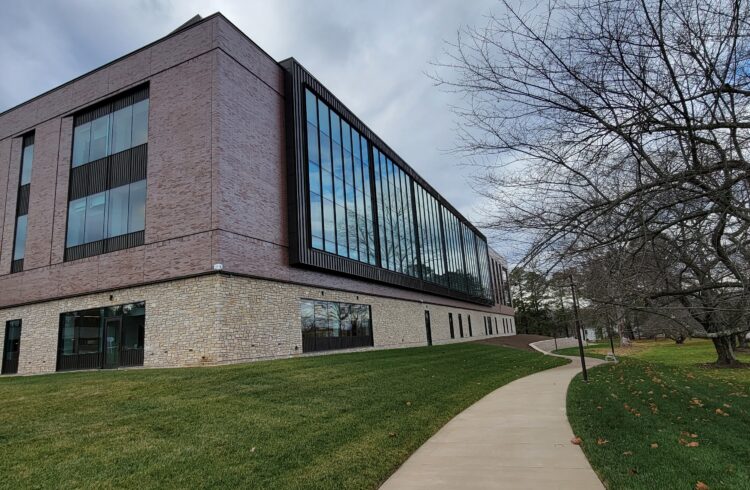
The University of Virginia School of Medicine has achieved its strongest showing ever in the assessment of doctoral programs by the National Research Council. All eight of the School of Medicine’s programs ranked in the top 20 percent when compared to similar programs across the nation.
“This is a credit to our faculty and graduate students, who distinguish themselves with their commitment to research and education. We are very pleased with the outstanding recognition the programs in the UVA School of Medicine have received,” said Steven T. DeKosky vice president and dean of the UVA School of Medicine. “The University of Virginia has made significant investments in the basic sciences in the past two decades and we believe this is reflected in our rankings.”
The PhD programs in microbiology, pharmacology, physiology, biomedical engineering, biochemistry, and biophysics each achieved ranges which put them in the top 15 th percentile in at least one of the two overall rankings.
The NRC study examined more than 5,000 doctoral programs in 62 fields at 212 institutions of higher education across the U.S. According to the NRC, which is part of the National Academies, the purpose of the assessment is to “help universities improve the quality of programs through benchmarking; provide potential students and the public with accessible, readily available information on doctoral programs nationwide; and enhance the nation’s overall research capacity.”
Margaret A. Shupnik, PhD, professor of Medicine & Physiology and senior associate dean for research for the UVA School of Medicine said the NRC rankings reflect the outstanding scientific work being done in UVA’s graduate programs and showcase the School of Medicine’s commitment to research. Shupnik explained, “In the School of Medicine, our research programs span studies of individual molecules to whole organisms and human subjects, and graduate students have been integral to these efforts. The commitment of our faculty and students to the highest quality science has helped us gain this national recognition.”
Based on data gathered by the NRC in 2006, the assessment uses variables such as publications per faculty member, citations per publication and student completion rates to create five distinct rankings – two overall rankings and three that describe dimensions of doctoral programs. Unlike other academic rankings that assign specific ranks to programs, the NRC assigned a broad range of scores to individual programs. The NRC assessment provides an opportunity to highlight the importance of graduate education and research.
“Training the next generation of biomedical scientists is at the core of our mission,” said Amy Bouton, Associate Dean for Graduate Research and Medical Scientist Programs at the UVA School of Medicine. “The reorganization of our graduate programs in 2004 along thematic rather than traditional departmental lines has undoubtedly contributed to these excellent rankings. We expect that our graduate programs will become even stronger over the coming years as we continue to involve our students in cutting edge biomedical research and expose them to new technologies.”
In a press release, the NRC said it hopes to repeat the assessment every two years.
The full results, along with a detailed description of the methodology, can be found on the National Academies website .


